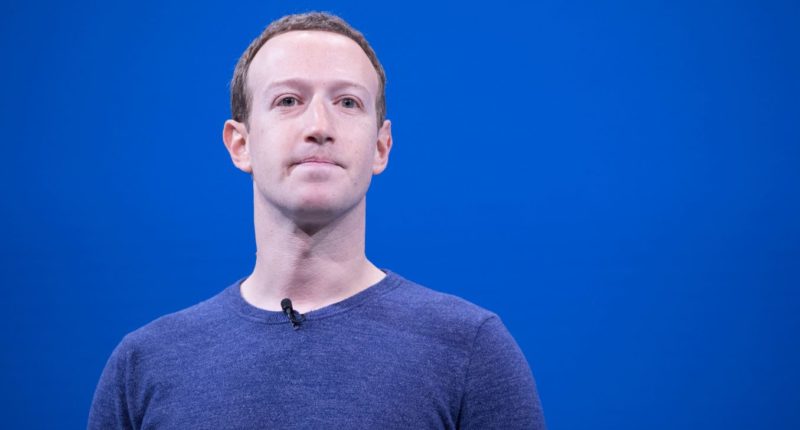The conversation around Facebook and potential racial bias, backed by political motives, has spun a spider web that has the multi-billion social media giant trapped and struggling to get out. In its latest move to try a way out, the Silicon Valley giant has announced a new ‘equity and inclusion team’ for its popular Instagram platform, that will study potential racial bias in the platform’s algorithms.
Facebook has been surrounded by a sea of social scrutiny, both by the general public and possible advertisers, due to its inactivity with everything that is happening in the U.S. The company has been jumping through hoops to gain back public approval, but seems to be struggling with getting the formula right. With this new move, it hopes to calm down the narrative of racism that is being linked with the company.
“The racial justice movement is a moment of real significance for our company,” said Vishal Shah, Instagram’s head of product. “Any bias in our systems and policies runs counter to providing a platform for everyone to express themselves.”
The team will study the company’s algorithms from the grassroot level, including its machine-learning systems, and how those effects compare with white users, WSJ says after speaking to people familiar with the matter. However, so far, no leader has been assigned to the group.
Facebook will also appoint a similar team for its namesake platform, which will be called the Inclusivity Product Team, and will consult leaders from the black communities to ensure that no stone is left unturned.
Various studies over the years have shown potential racial bias on social media platforms. While Facebook does not explicitly ask for a user’s race (because of obvious reasons), it has found a different way of performing the analysis of “multicultural affinity” of its users. Under this banner, the company can speculate a user’s race based on the content they engage with on one of its platforms, and then use that information to target ads.
However, that is not the only thing that Facebook reportedly does with that information. Last year, when Instagram was creating new thresholds for suspending or deleting accounts, an internal analyst found that accounts belonging to African American users were 50% more likely to get banned compared to their white counterparts. While Instagram officials tweaked the parameters to reduce the potential effects, it prohibited further research of these thresholds, WSJ reports.
Still, Facebook realises the problem with “multicultural affinity”, as the analysis is not always spot on. Moreover, the task of identifying someone’s affinity is a labor in its own right, requiring high-level approval for race-related research to ensure it was done responsibly. Thus, Facebook’s new group can also help it with understanding race for its ad targeting business.
Facebook has been facing a massive ad ban from advertisers throughout the globe, including Starbucks, Verizon, Walt Disney and many others, which have criticized the company for ‘not doing enough’, siding with the #StopHateForProft campaign.
The Tech Portal is published by Blue Box Media Private Limited. Our investors have no influence over our reporting. Read our full Ownership and Funding Disclosure →






